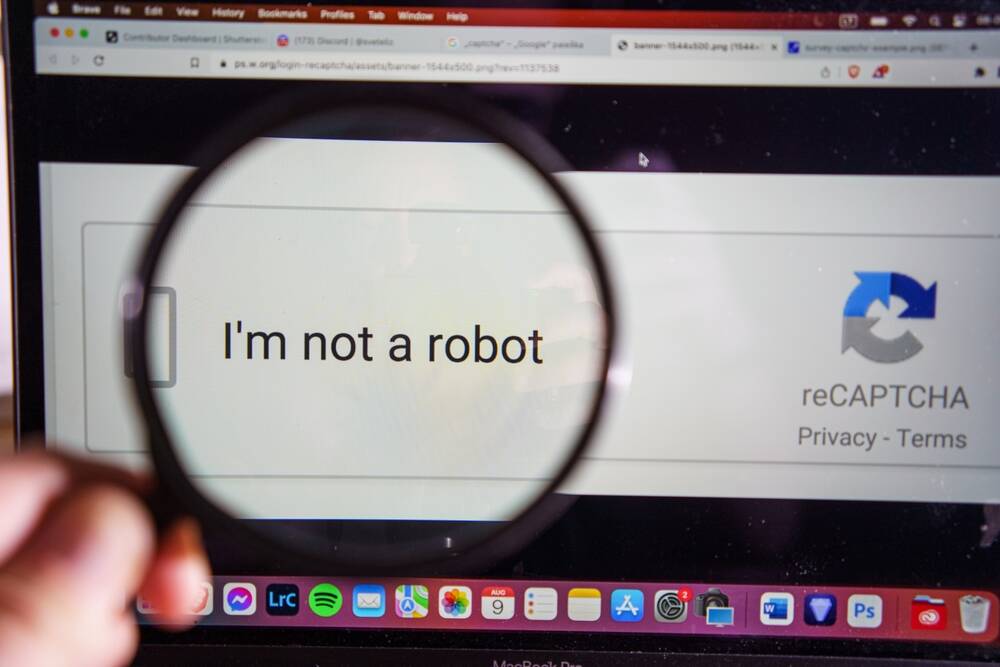Research Findings:
- reCAPTCHA v2 is not effective in preventing bots and fraud, despite its intended purpose
- reCAPTCHA v2 can be defeated by bots 70-100% of the time
- reCAPTCHA v3, the latest version, is also vulnerable to attacks and has been beaten 97% of the time
- reCAPTCHA interactions impose a significant cost on users, with an estimated 819 million hours of human time spent on reCAPTCHA over 13 years, which corresponds to at least $6.1 billion USD in wages
- Google has potentially profited $888 billion from cookies [created by reCAPTCHA sessions] and $8.75–32.3 billion per each sale of their total labeled data set
- Google should bear the cost of detecting bots, rather than shifting it to users
“The conclusion can be extended that the true purpose of reCAPTCHA v2 is a free image-labeling labor and tracking cookie farm for advertising and data profit masquerading as a security service,” the paper declares.
In a statement provided to The Register after this story was filed, a Google spokesperson said: “reCAPTCHA user data is not used for any other purpose than to improve the reCAPTCHA service, which the terms of service make clear. Further, a majority of our user base have moved to reCAPTCHA v3, which improves fraud detection with invisible scoring. Even if a site were still on the previous generation of the product, reCAPTCHA v2 visual challenge images are all pre-labeled and user input plays no role in image labeling.”



I see your perspective, but I don’t consider that security in the context of software, which may also explain why they don’t use that word, though I readily admit that it is technically security of a sort. The term usually implies authentication, authorization, and isolation.
I mean, except they do. Just because their simple ad copy omits it, doesn’t mean that’s not what they’re implying. It’s literally listed as one of their security products and also uses the term to talk about demos
https://cloud.google.com/security/products/recaptcha
I’m sorry I wasn’t more agreeable. You’re absolutely correct. I take it back.